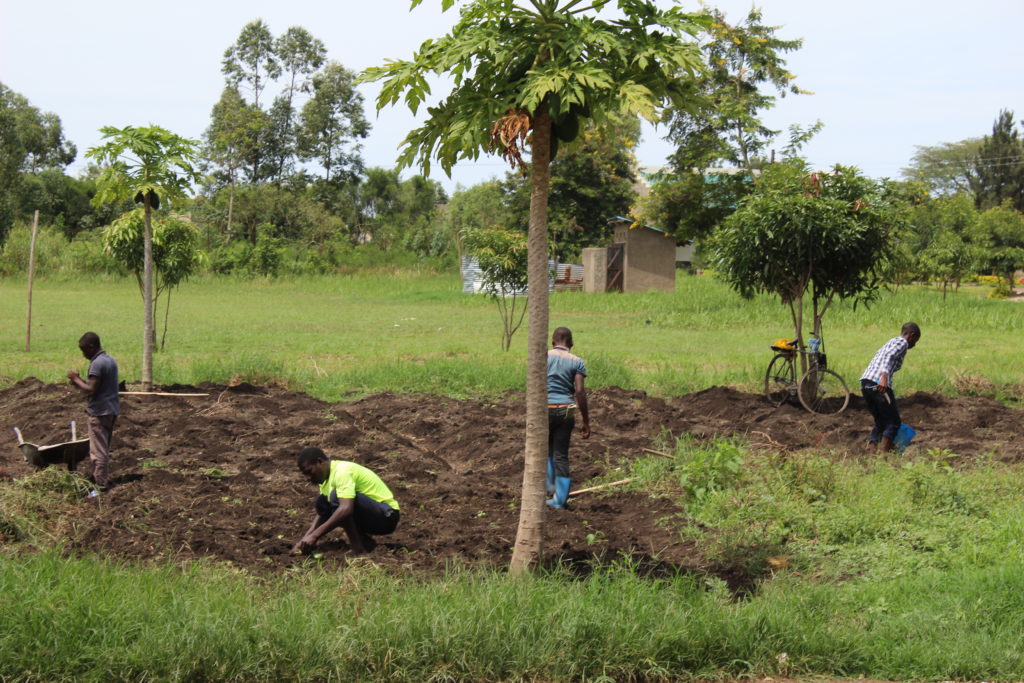Land tenure and legal recognition of community land rights
Many people in Uganda face considerable uncertainty about land ownership, land and tree tenure and permitted land uses. The Constitution recognises customary land tenure, freehold, mail-order and leasold title. This certificate can be transferred, mortgaged or otherwise pledged.
In Uganda, all land is owned, including the trees growing on it, whether it is government or private land. However, there are ambiguities regarding special conditions that apply to “reserved” tree species. Although trees planted on private land have always been privately owned, trees of reserved species are not widely planted because of uncertainty as to their ownership.

In addition, the law recognizes the right of persons to hold communal land. Any group of persons may form a communal land association for any purpose related to communal ownership and management of land, whether under customary law or otherwise. The Communal Land Association may also constitute a common land management system whereby the members agree to manage communal land and define their rights and duties.
The concept of reserved land
The concept of “reserved” land consists of setting aside land for a specific use. All interested parties, including individuals, groups and communities, as well as central and local government, can “reserve” or set aside forests for forestry purposes in perpetuity. Where there is a commitment to maintain them as reserves in perpetuity, they could be considered part of the permanent forest estate.
Under the Land Act, the District Land Boards and District Land Courts are vested with considerable powers, as are the Land Committees and Sub-County Land Courts that deal with local land issues. These bodies are fully autonomous from central and local government and cannot be directed by the executive on any land issue. This provides a mechanism to promote local wishes for the protection of forest areas.
The principal authorities for forest management
There are 3 main authorities dealing with the protection and management of forests and lands in Uganda:
- Ministry of Water, Lands and Environment
- National Forestry Authority (NFA)
- Uganda Wildlife Authority (UWA)
Legal frameworks
The Constitution (1995), the Land Act (1998) and the National Forestry & Tree Planting Act (2003) set the tone for land ownership and tenure issues. There is no longer a category of public land, but only customary land, freehold land, mailo land and leasehold land (article 237 of the Constitution, article 3 of the Land Act).
The information on land rights has been taken from “The Uganda Forestry Policy”, a document published by the Ministry of Water, Lands and Environment. The complete document can be consulted by clicking here!